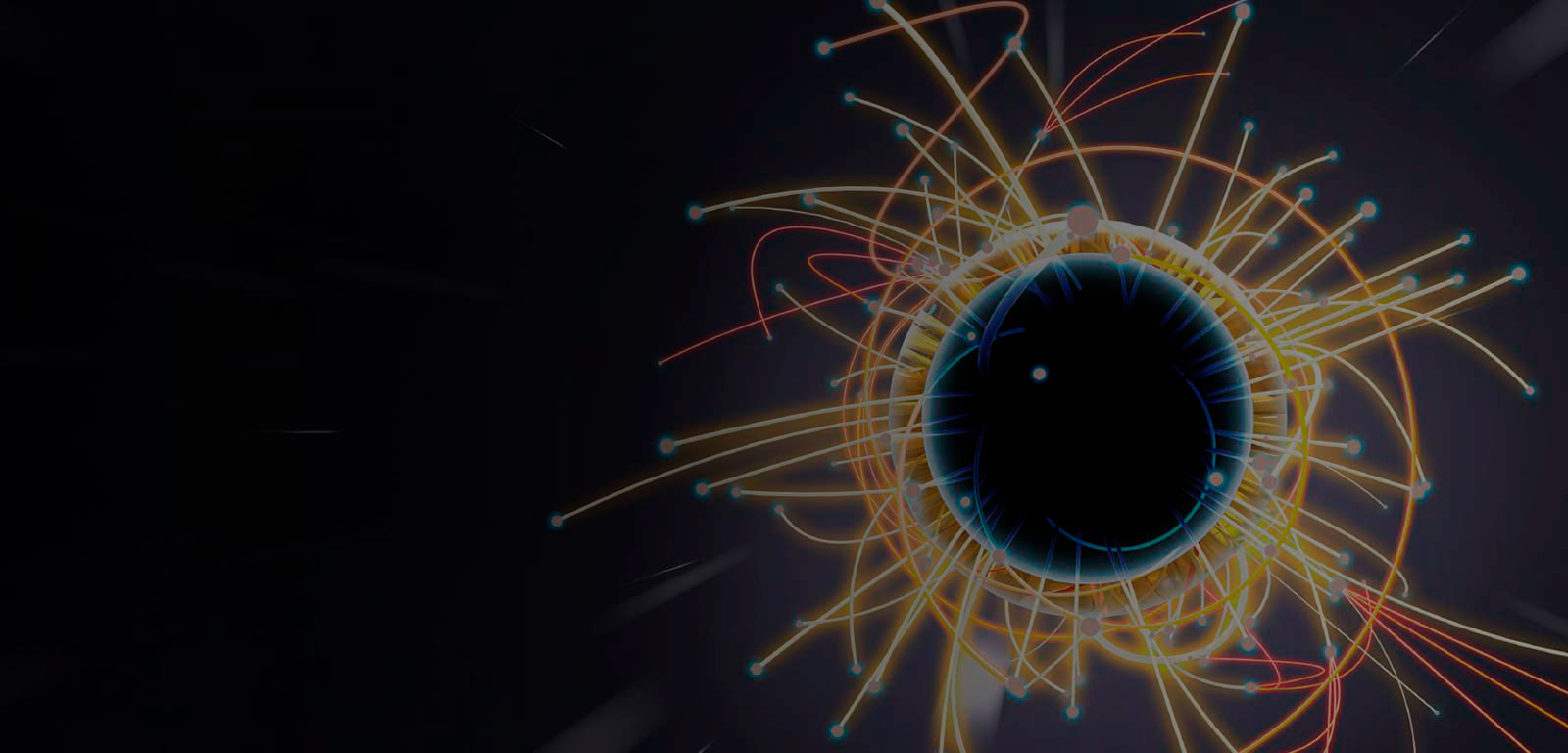Materia
Teoría cuántica de campos
Datos generales de la materia
- Modalidad
- Presencial
- Idioma
- Inglés
Descripción y contextualización de la asignatura
This course is foundational for later scientific devel- opment in the quantum domain. The main object of study are fields, as distinct from particles: the magnitudes of interest are functions of space and time, and not simply of time.In this course you will have a first introduction to how fields can be considered in the quantum regime, on the crucial conceptual new in- sights required for a first understanding of the new physical phenomena at hand, and to the vocabulary and simpler techniques of QFT.
The main prerequisites are those common to the Master’s programme, namely a strong background in physics and mathematics, with special empha- sis in having been exposed as an undergraduate to Quantum Physics, as applied to the description of atoms, molecules and solid state physics. Some fa- miliarity with classical fields is also expected, in particular with regard to basic electromagnetic the- ory up to Maxwell’s equations and the wave equa- tion. The basic mathematical toolbox of physics is taken for granted (linear algebra, calculus, differential equations up to Fourier analysis and separation of variables for PDEs, complex analysis, basic probability).
Profesorado
| Nombre | Institución | Categoría | Doctor/a | Perfil docente | Área | |
|---|---|---|---|---|---|---|
| EGUSQUIZA EGUSQUIZA, IÑIGO LUIS | Universidad del País Vasco/Euskal Herriko Unibertsitatea | Profesorado Titular De Universidad | Doctor | Bilingüe | Física Teórica | inigo.egusquiza@ehu.eus |
| GARCIA ECHEVARRIA, MIGUEL | Universidad del País Vasco/Euskal Herriko Unibertsitatea | Profesorado Agregado | Doctor | Bilingüe | Física Teórica | miguel.garciae@ehu.eus |
Competencias
| Denominación | Peso |
|---|---|
| Que los estudiantes sean capaces de resolver problemas estándar y avanzados de teoría cuántica de campos. | 70.0 % |
| Que los estudiantes sean capaces de conocer, de sintetizar y de exponer cuestiones de teoría cuántica de campos | 15.0 % |
| Que los estudiantes sean capaces de buscar y encontrar información adicional, sintetizar y exponer temas de mediana complejidad de teoría cuántica de campos. | 15.0 % |
Tipos de docencia
| Tipo | Horas presenciales | Horas no presenciales | Horas totales |
|---|---|---|---|
| Magistral | 30 | 40 | 70 |
| Seminario | 10 | 10 | 20 |
| P. de Aula | 10 | 25 | 35 |
Sistemas de evaluación
| Denominación | Ponderación mínima | Ponderación máxima |
|---|---|---|
| Exposiciones | 15.0 % | 50.0 % |
| Pruebas escritas / orales | 70.0 % | 80.0 % |
| Resolución de problemas y casos | 15.0 % | 15.0 % |
Convocatoria ordinaria: orientaciones y renuncia
Oral presentations (including self-assesment of group work) will provide a 15% of the final grade. The final written/oral exam will account for 70% of the final grade, and take home projects will cover the remaining 15%.If the health situation warrants it, the assessment will be carried online.
Convocatoria extraordinaria: orientaciones y renuncia
Written long paper. Again, If the health situation warrants it, the assessment will be carried online.Temario
1.Classical Field Theory and Canonical Quantization.a) Introduction and the Poincaré group.
b) Classical theory of scalar field. Klein-Gordon equation.
c) Lagrangian and Hamiltonian formalism.
d) Noether theorem. Symmetries and conserved currents.
e) Canonical quantization (‘second quantization’). Free scalar field. 2. Interactions and Feynman diagrams
a) Interacting field theory.
b) Perturbations and Feynman diagrams
c) S matrix.
3. Renormalization
a) Statement of the problem.
b) Regularisation.
c) Renormalizability: general scalar fields.
d) Renormalizability in QED: fermions,Feynman rules, gammology.
4. * Electrodynamics
a) Gauge invariance
b) QED: elementary processes
5.* Non-perturbative methods
a) Symmetries.
b) LSZ.
c) Ward identities.
6. * Non-abelian gauge theories
a) Non-abelian gauge theories: pure gauge.
b) Fermions in non-abelian gauge theories.
c) Spontaneous symmetry breaking: Higgs mechanism in the standard model.
The starred topics are a desideratum, and in most realizations will not be presented in any depth
Bibliografía
Bibliografía básica
Schwartz, Matthew D. Quantum Field Theory and the Standard Model. Cambridge University Press, 2014. M. Maggiore, A Modern Introduction to Quantum Field Theory, Oxford University Press, 2005M.E. Peskin and D.V. Schroeder, Introduction to Quantum Field Theory, Addison Wesley, 1995
Bibliografía de profundización
Alvarez-Gaumé, Luis and Miguel A. Vázquez-Mozo, An Invitation to Quantum Field Theory. Lecture Notes in Physics, vol. 839. Springer Nature, 2019.A. Zee, Quantum Field Theory in a nutshell, Princeton University Press, 2003
Thomas Banks, Modern Quantum Field Theory: a Concise Introduction, Cambridge University Press, 2008
For connections with QFT in condensed matter physics, see
Altland, Alexander and Ben D. Simons, Condensed Matter Field Theory. Cambridge University Press, 2010.


